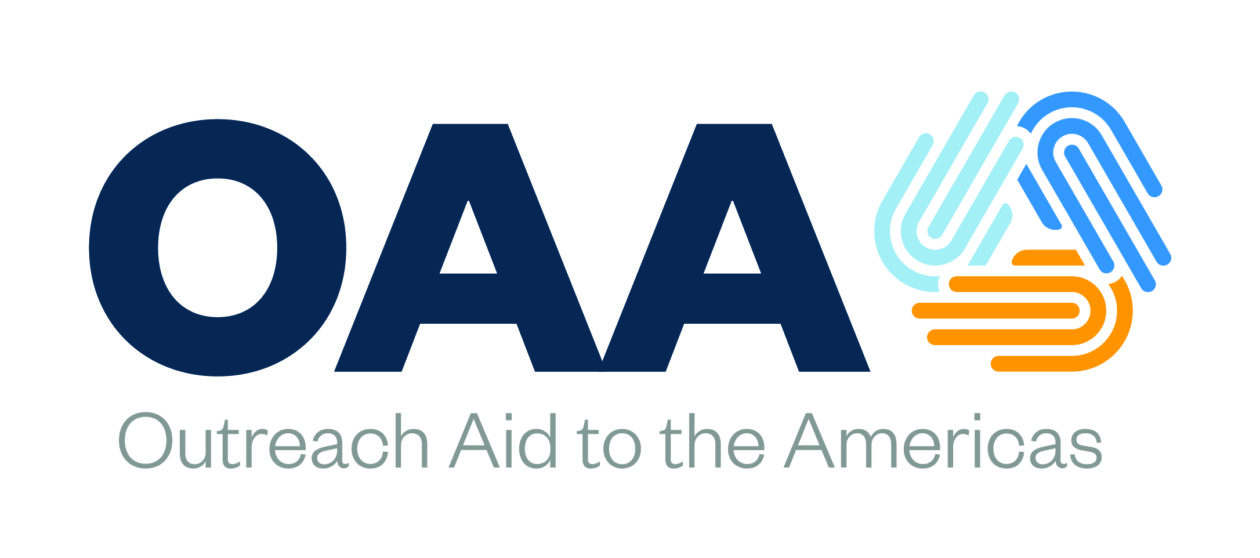Op-Ed: Cuba and Nicaragua are on list of worst violators of religious freedom. They deserve it.
This Op-Ed by Dr. Teo Babun was originally published in the Miami Herald on December 7, 2022. You can read the original piece here.
On Dec. 2, the U.S. Department of State designated Cuba and Nicaragua “Countries of Particular Concern (CPC),” a list of the worst violators of religious freedom.
CPC countries are those that “engage in or tolerate particularly severe violations of religious freedom,” as established by the International Religious Freedom Act of 1998. Also on this list are China, North Korea and Saudi Arabia, whose repressive tactics the dictators of Cuba and Nicaragua seem eager to emulate.
Cuba and Nicaragua certainly deserve their place on this list. As their repression of civil society, dissidents and human rights activists has grown more brutal and brazen, their targeting of religious persons, including pastors, priests, and nuns, has likewise intensified.
In Nicaragua, the regime of Daniel Ortega has persecuted the Catholic Church since the mass protests of April 2018, when church leaders criticized the regime’s violent crackdown and offered their churches as safe havens to protesters. Since the Catholic Church defied the regime in this way, its bishops, priests and lay people have been slandered and demonized, harassed, intimidated and jailed on trumped up charges. One courageous church leader, Bishop Rolando Álvarez, has been under house arrest for more than 100 days. Other priests, seminarians and lay leaders are in prison awaiting sentencing.
The Ortega regime has also gone after various institutions of the church, shutting down universities, schools and hospitals, and expelling from the country the Religious Sisters of the Cross and the Missionaries of Charity, the order founded by Mother Teresa. A recently published report by Nicaraguan lawyer Martha Patricia Molina shows that since 2018, the Catholic Church in Nicaragua has suffered 396 attacks, 127 this year alone. This led the Organization of American States to pass a resolution in August condemning the Ortega regime’s harassment of the Catholic Church and its members.
In Cuba, the communist regime’s systematic persecution of the island’s independent faith community is well known. As the human rights situation there has deteriorated, especially following last year’s historic July 11 mass protests, the regime has aggressively targeted religious leaders and their churches that denounce repression and call for justice for those who have been unjustly imprisoned.
Cuban state security continues to intimidate, harass, threaten and imprison openly critical religious leaders, even in the face of strong international condemnation. For instance, In and official expressions of concern by high-level UN human rights monitors.
When independent faith leaders refuse to be silenced, the Cuban regime has turned to expulsion. For instance, Pastor Alain Toledano, an Afro-Cuban leader in Cuba’s Apostolic Movement, left the island in July with his family after being told he would be imprisoned if he did not leave within 30 days. Another recent expulsion was that of Father David Pantaleón, the superior of the Jesuits in Cuba. Authorities did not renew his residency permit (he is Dominican) after he refused to silence Jesuits on the island who were criticizing the regime.
The State Department’s CPC designation of Cuba and Nicaragua is well earned, but also validates the importance of monitoring, documenting and reporting on violations of religious freedom. This work is being done by numerous organizations, including the one I lead, but it can only continue with the support of international partners and donors. Now is not the time to let up pressure, because we can be certain that the dictators in Cuba and Nicaragua do not intend to let up their pressure on people who simply seek to exercise their fundamental rights. Teo A. Babun is the president and CEO of Outreach Aid to the Americas, a faith-based nonprofit organization dedicated to serving vulnerable communities in the Americas through humanitarian and development assistance and human rights advocacy.
